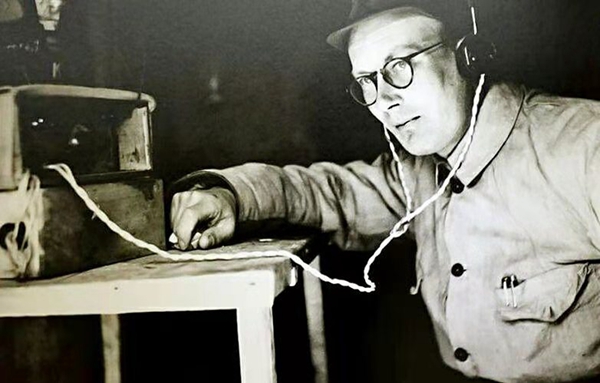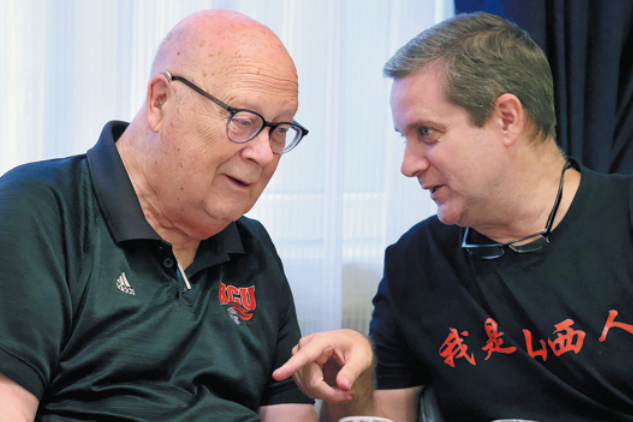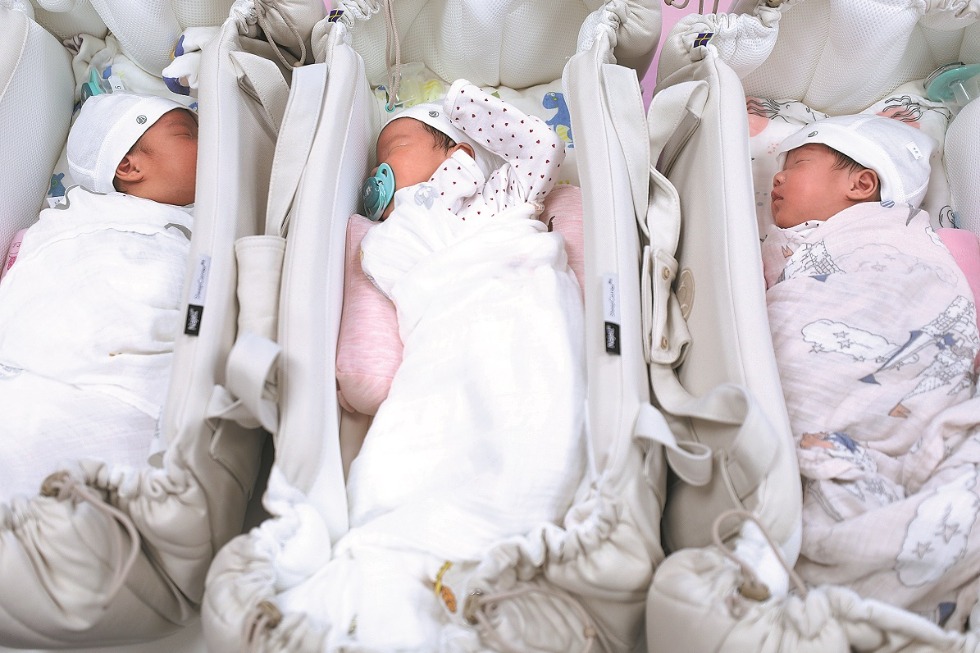True friend from a distant land
By Sun Ruisheng/Palden Nyima | China Daily | Updated: 2021-05-11 08:39

He traveled with Norman Bethune, the Canadian thoracic surgeon who dedicated his life to medicine and humanitarianism in China during the War of Resistance Against Japanese Aggression (1931-45).
Between 1937 and 1941, Lindsay taught in the university. After the attack on Pearl Harbor in December 1941, instead of working as an economist at the university, he was inspired to play a role in China's resistance against the invading Japanese forces during the war.
Lindsay left Beijing at the end of 1941, and went to the Communist-led Jinchaji base-named after the area straddling Hebei and Shanxi provinces, and part of today's Inner Mongolia autonomous region-together with his wife Li Xiaoli, with the help of the Eighth Route Army.
"Lindsay was inspired by the efforts local Chinese people made in fighting against Japanese aggression. After learning that Chinese armies on the frontlines were suffering supply shortages, Lindsay was determined to lend a hand," says Yan Juhai, a retired official from Shanxi's Lyuliang city.
Yan says along with his wife, Li, who was a Shanxi local and a former student of his, Lindsay helped to provide supplies to guerrilla fighters in Japanese-controlled areas, and he also worked as a frontline radio specialist.
"In the Jinchaji base, Nie Rongzhen (1899-1992), the base's top commander, appointed him to work as the communications consultant, where he became a full-time radio technician contributing greatly in communication technology innovation and training," says Yan.
As a foreigner, he was able to take advantage of the fact that occupying Japanese troops did not subject him to body searches. "He sacrificed his life to do many things to help the frontline, besides his work as a radio expert," says Yan.
























